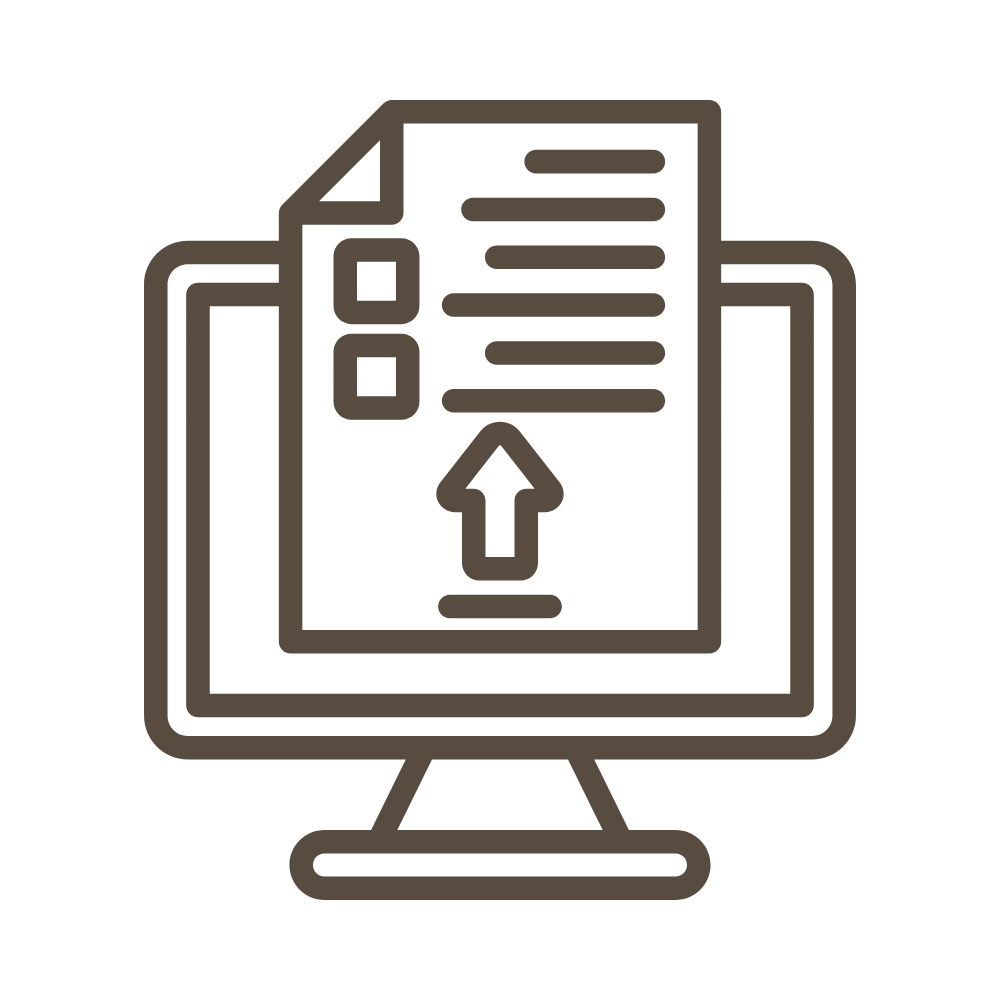Types of Papers
Original / Research Article
A complete report on original research and/or clinical studies. This type should contain a clear and concise structure containing the following sections: abstract (up to 250 words), keywords, introduction, materials and methods, results, discussion, conclusion, author’s contributions (CRediT format), ethics statement, conflict of interest, acknowledgements and references. Sections of supplemental information and appendices (including multimedia components and metadata) are optional and may be added if needed.
Review Article
A substantial overview of original research, minimum of 10 pages and maximum of 18 pages. The reviews should give a succinct overview of a particular topic, usually with comprehensive references. This type should contain the following sections: abstract (up to 250 words), keywords, introduction or background, review, conclusions, author’s contributions (CRediT format), ethics statement, conflict of interest, acknowledgements and references.
Mini Review
A succinct and clear summary that covers focused aspects of a current area of investigation and its recent developments, providing up-to-date developments, concepts, etc., minimum of 3 pages and maximum of 8 pages.
Checklist
Authors may use this checklist to carry out a final check of the manuscript prior to submitting to the journal for review.
☑ One author has been designated as the corresponding author with contact details: email address and full postal address
☑ Manuscript: include relevant required sections including all figures (with captions), tables (with titles, description, footnotes), supplemental files or appendices (where applicable)
Further considerations
☑ Manuscript has been 'spell checked' and 'grammar checked'
☑ All references mentioned in the Reference List are cited in the text, and vice versa
☑ Permission has been obtained for use of copyrighted material from other sources (including the Internet)
☑ A competing interests statement is provided, even if the authors have no competing interests to declare
☑ Journal policies detailed in this guide have been reviewed
☑ Referee suggestions and contact details provided, based on journal requirements
Submission
All original / research article submissions must follow the “Original Research Template'“. All review and/or mini review articles must follow the “Review Article Paper Template”. Submissions without the correct format will not be reviewed. Single word document named as “LastName_FirstName” or “LastName_LastName_LastName” (if multiple authors) must be submitted. Any images (including figures, formulas, tables) used in the article should be submitted separately in high resolution and .png format in the “Figures Template” .ppt format.
Review Process
IJSAA operates on a single blind review process. All contributions will be initially assessed by the editor for suitability for the journal. Papers deemed suitable are then typically sent to a minimum of two independent expert reviewers to assess the scientific quality of the paper. The Editor is responsible for the final decision regarding acceptance or rejection of articles. The Editor's decision is final. Editors are not involved in decisions about papers that they have written themselves or have been written by family members or colleagues or which relate to products or services in which the editor has a conflict of interest. Any such submission is subject to the journal's usual procedures, with peer review handled independently of the relevant editor and their research groups.
All manuscripts will be first reviewed by a managing editor. Any papers that fail to meet the basic standard of the journal will be desk rejected for reasons like out of scope, ethical issues, high similarities, lack of originality, flaws in research design or methods, etc. Then, the managing editor will assign selected paper to Editor-in-chief or an associate editor.
Editor-in-chief or the assigned associate editor will invite multiple reviewers to review this paper.
After at least two reviewers give their reviews and comments, Editor-in-chief will provide feedbacks to the authors based on reviewers' comments or associate editor's recommendation based on reviewers' comments.
When author submits the revised manuscript, the original reviewers will be invited to review the manuscript. The Editor-in-chief will make final decision based on reviewers' comments.
For submissions from Editor-in-chief, Associate Editors, Guest Editors, other journal board members, and authors who have conflicts of interest with them, we ensure that the paper is handled confidentially by a different journal editor with no conflict of interest. The journal editor who charges this manuscript will make a final decision.
For submissions to special issues, if there are conflicts of interest between the guest editors and authors, the submissions will be handled by journal editors from Editorial Board who have no conflicts of interest with authors. The journal editors will be responsible for the peer review process and make final decision.
Article Publishing Charge
IJSAA has a publication fee (Article Publishing Charge, APC) which needs to be met by the authors. We do not have any charge for submission of manuscript. The Article Publishing Charge for this journal is: $225 USD. APC fee waiver available for select accepted manuscripts, please apply during manuscript application submission.
AI Policy
All authors must disclose any use of AI or automated tools in the preparation, analysis, or writing of their manuscripts. Manuscripts in which AI-generated content is used (such as for data analysis, coding, language tools, or writing assistance) must clearly acknowledge such contributions within the methods or acknowledgment sections. IJSAA does not permit the listing of generative AI tools as co-authors, and authors are fully responsible for ensuring the accuracy, originality, and integrity of all submitted work—even when utilizing AI-based tools. All use of AI must comply with our standards for transparency, reproducibility, and academic honesty. Manuscripts found to excessively rely on AI-generated or unoriginal content, or that attempt to misrepresent the authorship of AI-produced material, will be rejected. IJSAA is dedicated to supporting responsible AI practices that advance scientific knowledge while preserving the authenticity and ethical standards of student research.





